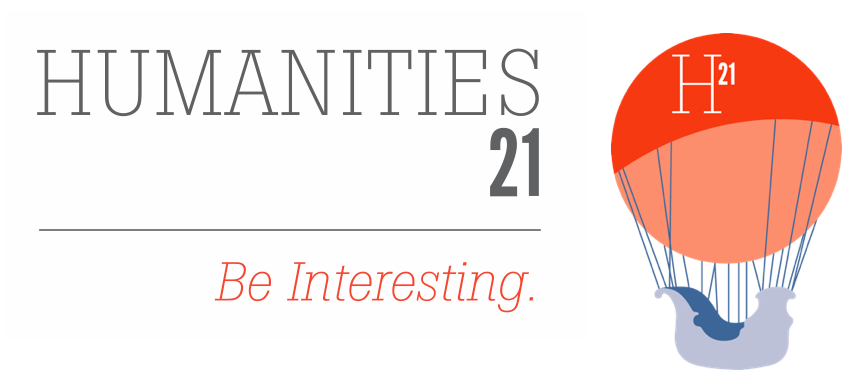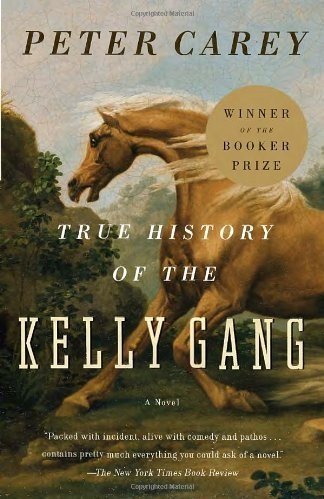Arts@Work profile — Paula Hurley
Paula Hurley is a business/IT communications specialist connecting business audiences in engaging and productive ways, having come from a sales and marketing background in the publishing sector.
She talks about how she bridges gaps between the techonology and the humanities through storytelling and language.
Read more about Paula’s career journey below.
What did you study and what inspired you to pursue this path?
I studied a Bachelor of Arts (Hons) at the University of Melbourne, 1984-1987. After working for a few years, I completed a Master of Arts in History, part-time, also at Melbourne Uni. I was always going to do something in the Humanities – I grew up in a family of readers and I was always interested in history and politics. My biggest influence was my father, who is an active thinker, a history teacher-turned-academic and an alumnus of Melbourne Uni. I still remember going with him to visit the Parkville campus in Year 12 and being amazed by the sheer size and grandeur of the place! Six months later, aged 17, I left home in Ballarat to move to a residential college on that very site.
What is your current occupation?
Broadly I describe myself as a business/ IT communications specialist. Basically, I work on IT projects in large companies and I translate the technical concepts and language for non-technical end-users. That might involve writing announcements, user guides, intranet articles, and other materials. This helps the technology guys – although they do lots of good work, they often can’t turn that into a language or a story that makes sense to other people, so that’s where I step in. Prior to this work, I was in sales and marketing roles in book publishing. As a manager at Penguin Books, I brought in new technology and changed the old manual ways that we did things. This gave me a taste of the benefits that technology could bring to organisations. Much as I loved the book industry, I decided to spread my wings and that’s when I moved to the world of corporate IT projects.
What aspects of your role do you enjoy the most?
I love seeing the difference that good communication can make in the workplace. New technology can have lots of bells and whistles, but if the users don’t know about it or understand it, a lot of time and money can be wasted.
On the other hand, creative and well-managed communications can motivate users to really embrace the new technology, especially if they understand what’s in it for them. This can translate to higher rates of technology adoption, which in turn means a better return on investment. It’s really satisfying to know you can directly help both the users and the organisation in this way.
Thinking back, what was a highlight of your tertiary education?
The tutors and lecturers were incredibly smart thinkers and innovators in history and research, and I was so fortunate to have the chance to learn from them, although of course I didn’t appreciate it at the time!
Several of my teachers became leading experts in their fields, and in later years I would see them quoted in the media or promoting their new book and think how lucky I had been to sit in their classes.
Were there any co-curricular activities you found particularly valuable?
I lived in a residential college with other country kids, which was a lot of fun but also a drawback in a way because I’d tend to head back to college after lectures. This meant I didn’t make the most of the opportunities on the university campus itself.
I got involved in college events, including pub nights and balls and there was a group of us who loved movies, so we’d often go to the Carlton Movie House. I also worked part-time in the Myer book department which actually opened the door for my work in publishing later on.
How do you think your humanities education has shaped you personally and professionally?
It has been undoubtedly provided me with a firm foundation for my career. I argue strongly that it wasn’t so much the subjects I studied or the essays I wrote but the skills they taught me - like defining a core idea, sourcing evidence to support it and presenting it in a well-written narrative – that have stood me in good stead throughout my working life. This is one of the reasons the proposed 113% hike to humanities fees seems so short-sighted to me – the very skills I developed are so valuable in business today!
My personal values and views of the world were also profoundly shaped by my humanities education. In particular, my reading of feminist scholars opened my eyes to issues of power and identity and instilled a lifelong commitment to gender equality.
What career advice would you give to current students or recent graduates?
First, be really proud that you’re studying for an Arts degree! It’s an extremely valuable and important domain. And do not underestimate how critical those core humanities skills are in the world of work, business and technology. We are seeing a rapid technological change in areas like AI, cybersecurity and automation, so more than ever we need critical thinking, analytical and communication skills to navigate and manage the impacts on society.
Finally, what book have you recently read that truly captured your attention?
I have just finished Peter Carey’s book The True History of the Kelly Gang. It explores many of the rich themes of colonial Australia - class, religion, power, corruption, the Irish diaspora, poverty, the bush. Peter Carey’s writing is always wonderful, and in this novel he combines his usual literary skill with an impressive amount of historical research. He gives a poignant voice to Ned’s inner world and breathes new life into a well-known story. I loved it!


